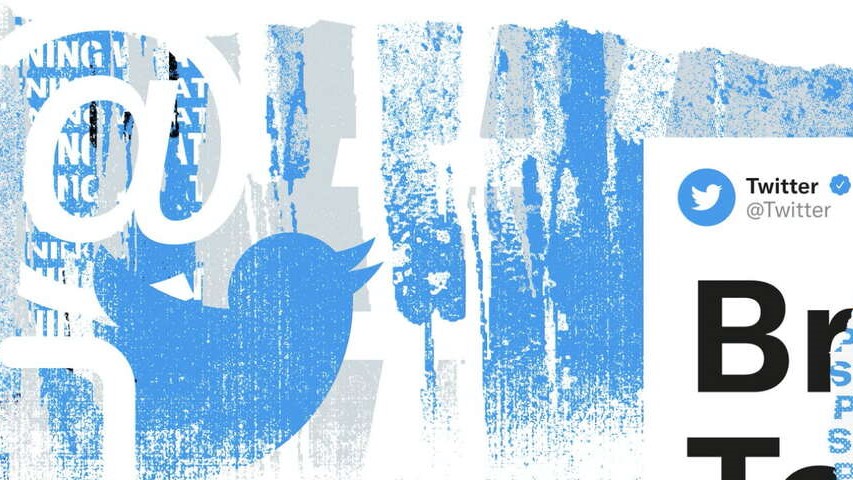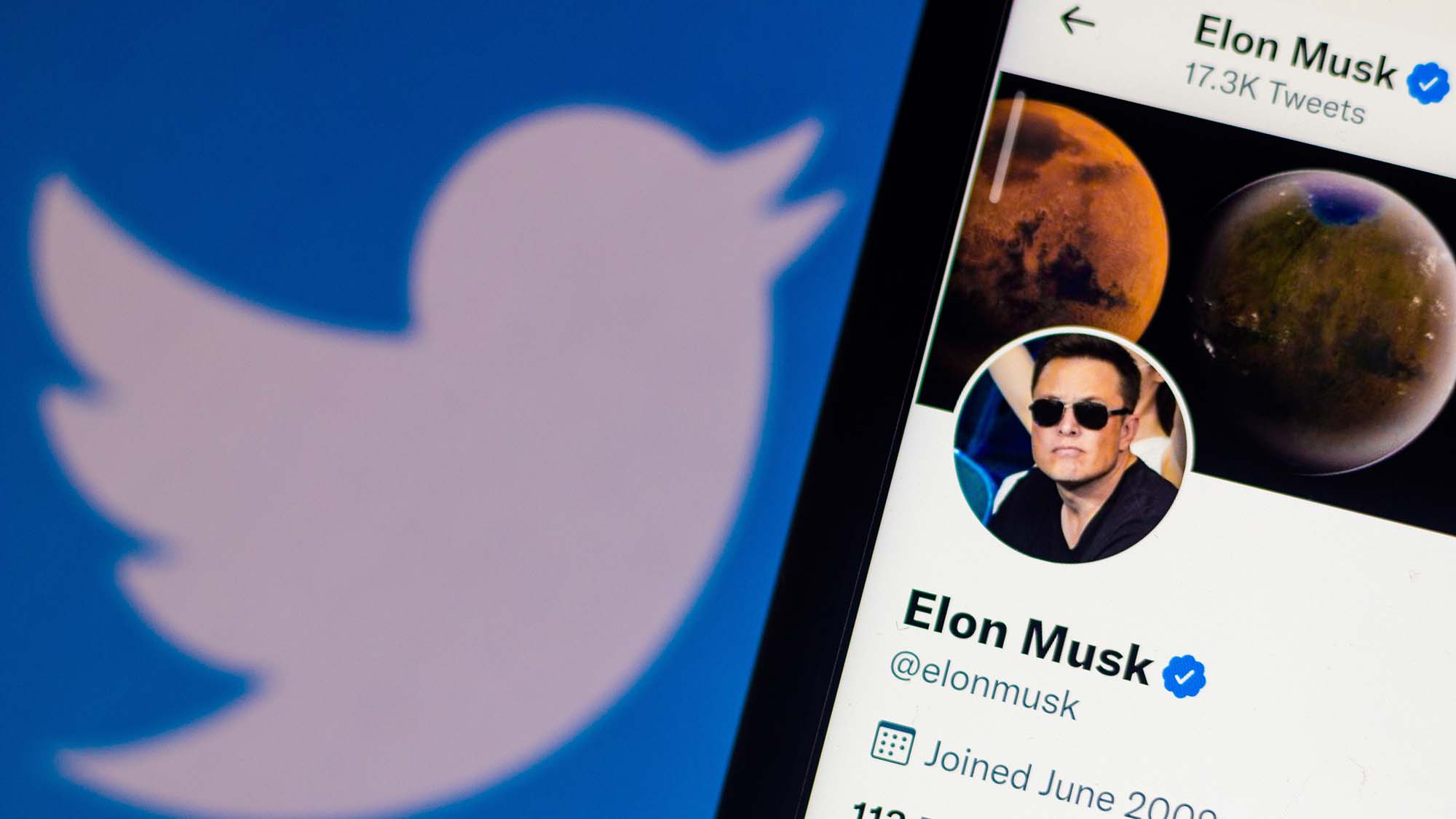Twitter Verification leak makes the new system sound worse than we feared
Users may just need to pay up; no ID is required

Sign up for breaking news, reviews, opinion, top tech deals, and more.
You are now subscribed
Your newsletter sign-up was successful
If you somehow haven’t heard, Elon Musk has bought Twitter and has already started announcing and enacting major changes to how the social media site operates. One of the most controversial is that Twitter Verification will go from a free feature to a paid one, but the change might be even worse than we first thought: getting the blue checkmark may no longer require any actual verification.
In his breakdown of why Musk’s changes will destroy Twitter, our US Editor in Chief Lance Ulanoff highlighted some issues with needing to pay up for the blue check mark.
First, unlike Netflix, HBO Max, and the other best streaming services, Twitter doesn’t make its own content, it relies on its users to provide it. And unlike YouTube, there’s no in-app way for creators to make money from Twitter. Effectively, the change would ask Twitter’s most valuable assets (its top creators) to pay for the privilege of making Twitter better without receiving anything in return.
Second, while $8/month (around £7 / AU$12.50) isn’t a lot, it’s more than many currently verified people will be willing to pay. Some politicians and other government accounts will reportedly receive a separate free verification-like mark; but scientists, journalists, and other trustworthy sources who don’t pay up will once again struggle to stand out in the sea of bots, liars, and spam accounts.

But if that wasn’t bad enough, according to leaked internal documents seen by The New York Times, following the merging of Twitter Blue and Twitter Verification, subscribers would not need to get their identities authenticated to receive the blue check mark.
If true then the only thing stopping a bad actor from getting a fake account verified is an $8/month fee. For people wanting to sow chaos by pretending to be someone they aren’t, or set up a scam that steals valuable information or money from unsuspecting victims, $8 is a small price to pay.
Sure, not every scammer will be able to cough up for every account they run, but a single Verified account would likely have a lot more power to trick and scam people than an army of unverified ones – as many people would reasonably expect a Verified account to be genuine.
Sign up for breaking news, reviews, opinion, top tech deals, and more.
Part of this change could be because of the major layoffs that are expected to be announced at the social media company today (November 4). If Twitter is cutting its employee count as drastically as is predicted then the people that remain may no longer be able to manage the Twitter Verification system as it currently exists. This simpler method that offers Twitter Blue subscribers an instant checkmark would require much less oversight and be easier to manage with smaller staff counts.
As with all leaked information we have to take this news with a pinch of salt. No matter what is leaked – or even what Elon Musk tweets out – we won’t know how Twitter Verification and Twitter Blue will change until the company officially lays out the details (which we expect will be on Monday, November 7).
But, if the changes that The New York Times is warning about come to be then Musk’s claims that paying for verification is the “only way to defeat the bots & trolls” is wrong. This wouldn’t beat the bots, it would supercharge them.

Hamish is a Senior Staff Writer for TechRadar and you’ll see his name appearing on articles across nearly every topic on the site from smart home deals to speaker reviews to graphics card news and everything in between. He uses his broad range of knowledge to help explain the latest gadgets and if they’re a must-buy or a fad fueled by hype. Though his specialty is writing about everything going on in the world of virtual reality and augmented reality.